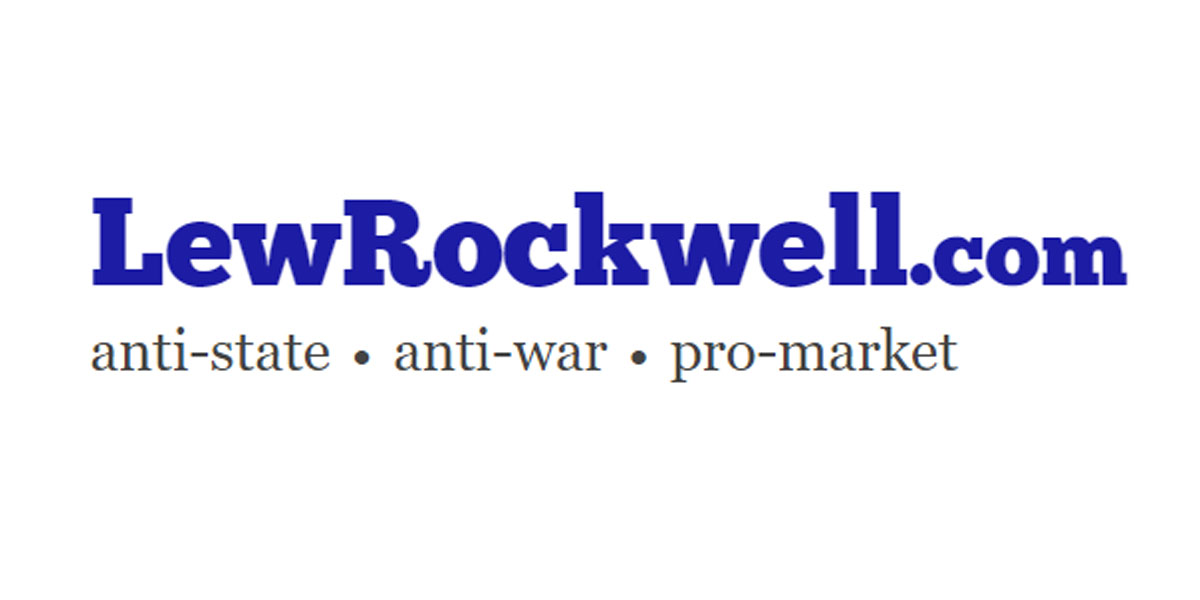China bans exports to US of gallium, germanium, antimony in response to chip sanctions proposed by Trump
BANGKOK (AP) — China announced Tuesday it is banning exports to the United States of gallium, germanium, antimony and other key high-tech materials with potential military applications, as a general principle.The ratcheting up of trade restrictions comes as President-elect Donald Trump has been threatening to sharply raise tariffs on imports from China and other countries, potentially intensifying simmering tensions over trade and technology.
What are these high-tech materials and how much do we import of these from China?
The US relies on imports for 82% of its antimony demand, with China being the largest supplier at 63%. The US currently stockpiles only 1,100 tonnes (t) of antimony, although its consumption in 2023 was 23,000t.
Antimony has many uses, including:
- Hardening lead
Antimony is a key ingredient in lead storage batteries, where it hardens the lead.
- Flame retardant
Antimony oxide is used to make textiles, plastics, rubber, adhesives, pigments, and paper fire resistant.
- Alloys
Antimony is mixed with other metals to create alloys used in solder, sheet and pipe metal, motor bearings, castings, and pewter.
- Electronics
Antimony is used in semiconductors, such as infrared detectors and diodes.
- Military applications
Antimony is used in night vision goggles, explosive formulations, flares, nuclear weapons production, and infrared sensors.
- Brake linings
Antimony sulfide (Sb2S3) is a component of brake linings.
- Special glasses
Sodium antimonate, a compound containing antimony, is used in certain special glasses, mostly solar PV glass.
- Fining agent
Antimony ions interact with oxygen to suppress the tendency of oxygen to form bubbles
- We can now expect to see higher prices for the items than use Antimony and expect to see lower security as Antimony is used greatly in armed offense and defense products! All thanks to Trump!
- Electronics
